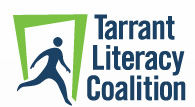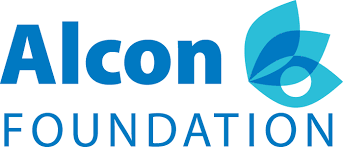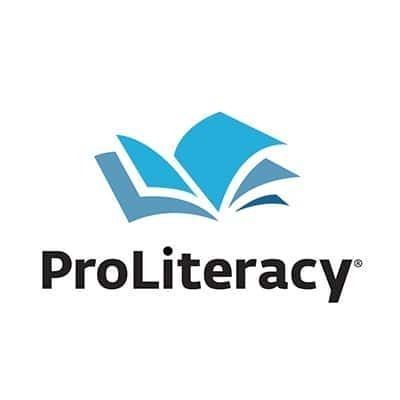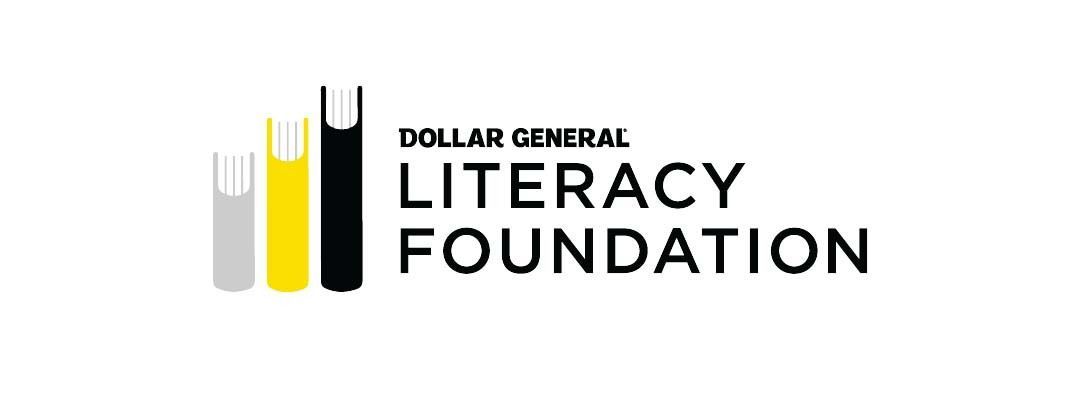BY STEVE CAMPBELL
sfcampbell@star-telegram.com
Texas has routinely topped the national growth charts, but the Lone Star State's biggest cities are behind the curve in an annual ranking of literacy rates.
Austin (tied with New York City at No. 22) was the only Texas city to crack the top third of the 75 cities ranked in the study of literacy resources by John Miller, president of Central Connecticut State University.
The annual survey of cities of at least 250,000 people focuses on six indicators of literacy: library resources, newspaper circulation, bookstores, publishing resources, educational attainment and Internet resources.
Plano (46) and Dallas (51) edged Fort Worth (54), which has seen its ranking decline from No. 45 since the study began in 2005.
Arlington has likewise dropped, from 57 in 2005 to 64 in 2011, and Houston from 53 to 60.
In the bottom 10 were San Antonio (66), El Paso (73) and Corpus Christi (74), just ahead of last-place Bakersfield, Calif.
The second-tier rankings for Texas cities come as no revelation to Peggy Rudd, director of the Texas State Library and Archives, which provides support for 560 public libraries statewide.
"It's a matter of resources," said Rudd, who watched last year as the Legislature cut the state library budget by 64 percent.
"I wish I could have looked at the data and been shocked," she said. "You get what you pay for."
She noted that the cuts eliminated $14 million in state support for local libraries. "So there is not direct state support for Texas public libraries," she said, adding that three other recent assessments of library operating expenditures and levels of state support all showed that Texas is "way down at the bottom."
Jon Engel, a board member of Literacy Texas, a statewide coalition, said the diminished resources will exacerbate a growing problem. Nearly one-quarter of the 18 million adults in Texas have serious problems with English skills or don't have at least a GED diploma, he said.
"A lot of those are Hispanics, but what's really interesting is, of that, nearly one-half are native born who did not thrive in school," Engel said. "It's a real problem. We ignore literacy at our peril."
For the second year in a row, the top four cities in the literacy ranking were Washington, D.C., Seattle, Minneapolis and Atlanta.
Texas cities got their best scores for Internet resources, with tech-savvy Austin ranked No. 2, followed by San Antonio (21), Houston (24), and Dallas and Fort Worth (tied at 27). Plano, Arlington and Corpus Christi were among 17 cities tied for last.
Plano placed second behind Seattle in educational attainment, followed by Austin (23), Arlington (38), Houston and San Antonio (tied at 53), Dallas (60) and Fort Worth (62).
Higher literacy rates, experts say, equate to more than just having a good bookstore, fast Internet access or a neighborhood library.
In an overview of his study, Miller wrote that "quality tends to be associated with quality, and highly literate cities often rank high in other quality of life metrics: Cities ranked in the top 10 most literate tend to offer the most active singles' scenes (Boston, Seattle, Washington and Atlanta), are safer (Minneapolis, Boston, Seattle, Portland, Denver and Cincinnati), more walkable (Seattle, Washington, D.C., Portland, Boston and Denver), and healthier (Washington, D.C., and Denver)."
This time, Miller also examined the relationship between a city's wealth and its literacy and found that richer cities are no likelier to rank high in literacy than poorer ones.
He pointed to Cleveland, which ranks second-lowest for median family income among the 75 cities yet ranks 13th in literacy because of a great library system and strong newspaper and magazine circulations.
More than ever, success follows literacy, Rudd said.
"It's a universal; libraries are the heart of lifelong learning. It's even more important these days because of the vagaries of the job market. People are going to have more jobs in their lifetimes and technology is always pushing ahead.
"You have to be constantly educating yourself to move forward."
Steve Campbell, 817-390-7981
Read more here: http://www.star-telegram.com/2012/01/26/3691568/texas-cities-are-low-on-annual.html#storylink=cpy
Most-literate cities
Except for Austin, Texas cities ranked in the bottom half of America's Most Literate Cities (population 250,000 or more):
1. Washington, D.C.
2. Seattle
3. Minneapolis
4. Atlanta
5. Boston
6. Pittsburgh
7. Cincinnati
8. St. Louis
9. San Francisco
10. Denver
22. Austin
46. Plano
51. Dallas
54. Fort Worth
60. Houston
64. Arlington
66. San Antonio
73. El Paso
74. Corpus Christi
Source: Central Connecticut State University










